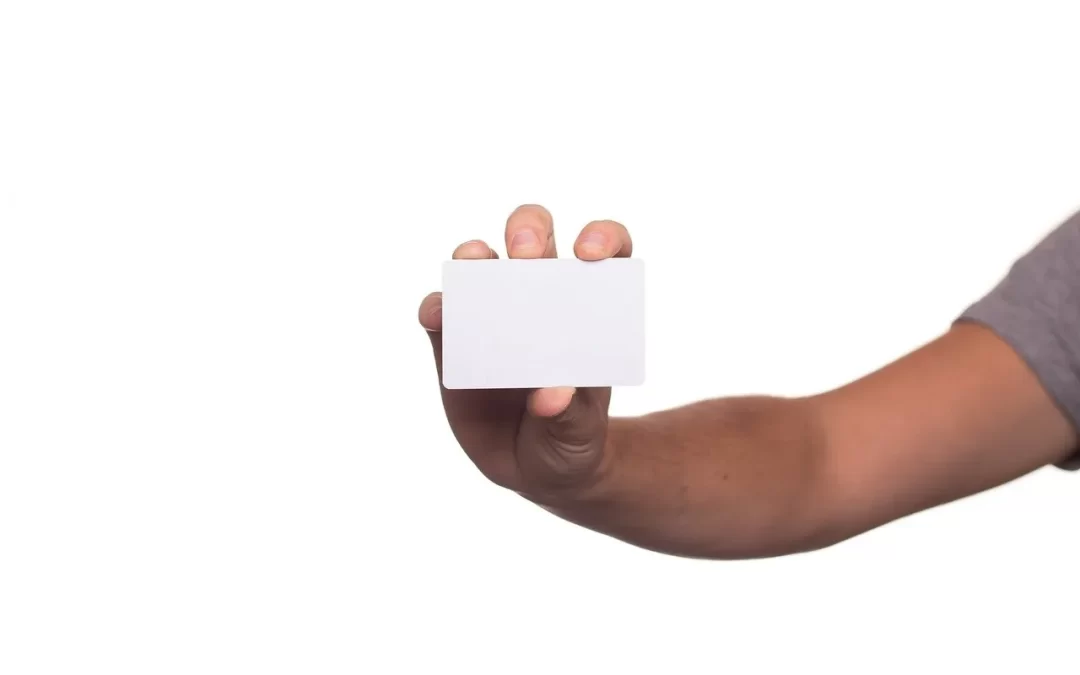It’s almost a rite of passage. At some time in every childhood, you absolutely must experiment with disappearing ink. Many a secret message has been written and delivered using this time-honored method of communication.
What kids who write these notes may not realize is they’re also participating in a scientific experiment. It’s true — whether your children are pretending to be a secret agent or a spy, they are actually becoming a part of the scientific process, benefitting from something called oxidization that keeps their messages hidden until they fall into the right hands.
Of course, what your kids care about is the “magic” that allows them to write and deliver these messages so effectively. The best part is, you don’t need to buy a secret agent kit or go to spy school to help them make disappearing messages. They can do it with just a few things you have sitting around the house, such as lemons and light bulbs.
How Oxidation Works
First, a quick primer on how the “magic” works. In oxidation, a compound borrows electrons from another compound. In most, though not all, of these reactions, oxygen is one of the compounds. This is because oxygen easily combines with other elements. It pulls in electrons from their atoms, transforming an oxygen atom into an ion.
We see the results of this reaction, though you can’t actually see the electron exchange happening unless you have a powerful microscope. One of the most obvious examples is rust. When you see rust, it means oxygen has been taking electrons from iron. This corrosion forms on iron or steel as a result of oxidation.
For the lemon used in the following experiment, the juice oxidizes when it’s heated. You could also substitute other substances for this experiment, such as vinegar or milk, which will react in a similar way.
Make Your Own Disappearing Messages
Here’s a simple way to let your kids make their own disappearing ink messages.
Supplies
- Lemon
- Lamp or other light bulb
- Water
- Paper
- Paint brush or cotton ball
Cut the lemon in half. Fill a bowl with a few drops of water, and squeeze the juice of a lemon into the bowl. Mix them together with a fork or coffee stirrer.
Dip the cotton ball or paint brush into the lemon juice-water mix. Use it to write on the paper. When you’ve finished your note, allow the paper to dry. It should be white and carry no hint of what you’ve written.
When you want to reveal your message, put the paper directly beneath a lamp or another light bulb. Be careful not to hold it so close that it might burn. The letters will be revealed on the page as the paper warms up.
Science Fun for Everyone
The best part about the experiment is that it illustrates what can be a difficult point to explain. That’s the fun of scientific experimentation. When you do something, instead of just talking about it, it helps kids visualize the process. This can often spark new interests in kids. They see something happening that they hadn’t expected, such as an everyday substance like lemon juice producing a secret message, and they get excited to learn more.
If your child is interested in other experiments like this, you can always check out our list of summer science camps and after school science clubs available to children ages 4-11 in PA, NJ, DE & MD.

